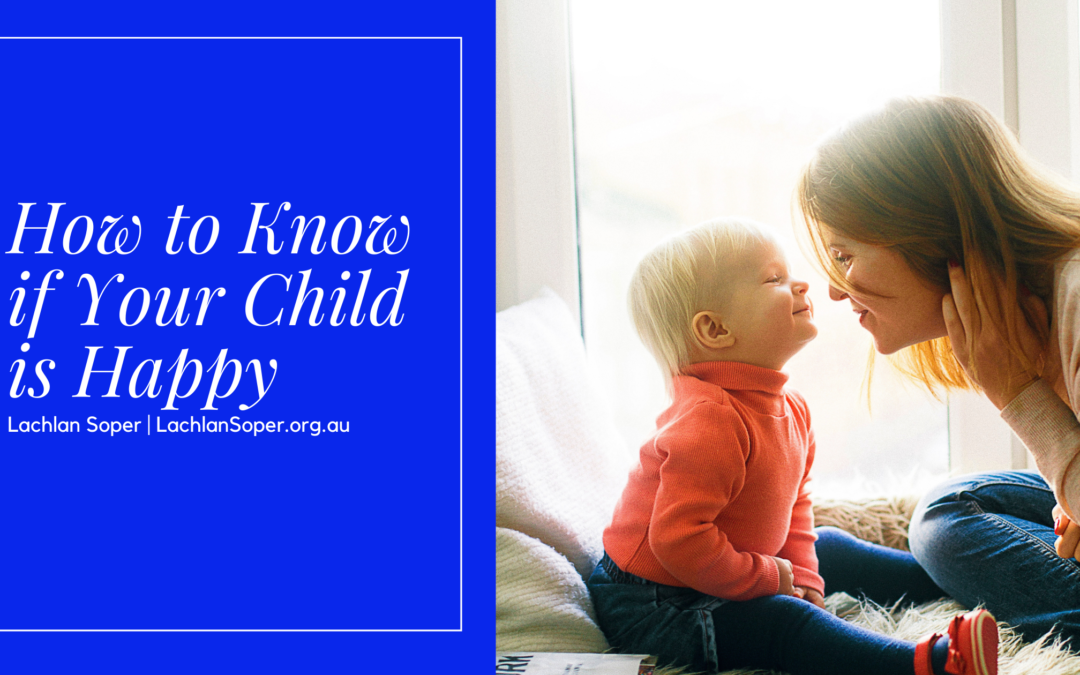As a parent, one of our top priorities while raising our children is their happiness. But how do we know our child is actually happy? Do we know by their smile or their laugh? It’s a terrifying thought to consider your child may be unhappy and you are unaware of it. Luckily, there are ways to tell that your child is happy as well as ways to improve their happiness in life if they are not.
Their Friendships
One way research that says you can tell if your child is happy or not is by looking at their friends. According to studies, your child being able to build relationships is a key factor in living a good life. Friendships play such a crucial role in their lives because it teaches them how to have empathy, to be kind, and the skills they need to get through everyday life. Think about whether your child has a regular playdate buddy, if they get along with classmates, or if they have a best friend. Having a healthy social life is a good sign of happiness.
An Optimistic Attitude
Even as an adult, it can be sometimes difficult to be optimistic or have a good attitude in bad situations. Experts say that optimism is closely related to happiness when raising children. For instance, when your child is confronted with a bad situation, do they look on the bright side of things or completely fall apart? Kids who are able to find the silver-lining are often times happier in life. If your child isn’t very optimistic, try encouraging them to find new ways of confronting disappointment, that the glass can be half full, rather than half-empty, and to seek contentment in all circumstances.
Comfortable Expressing Emotions
Whether they’re happy, sad, scared, or feeling agitated, it’s essential for children to feel comfortable expressing these emotions. By being in touch with how they’re feeling, they are demonstrating emotional intelligence and is a good sign of a happy person. No matter how happy your child is, there will be times that they have negative emotions. Their ability to express, accept, and understand them, grows their emotional intelligence and ability to empathise with others.
There is Time to Play
Simply put, kids need time to have fun and play. If a child doesn’t have room in their schedule to play, they are most likely going to be unhappy and overly stressed. Studies show that playfulness improves brain function, increases empathy, can improve their school work, and can even make them have fewer nightmares. It’s imperative to remember that a playful child is a happy child.

